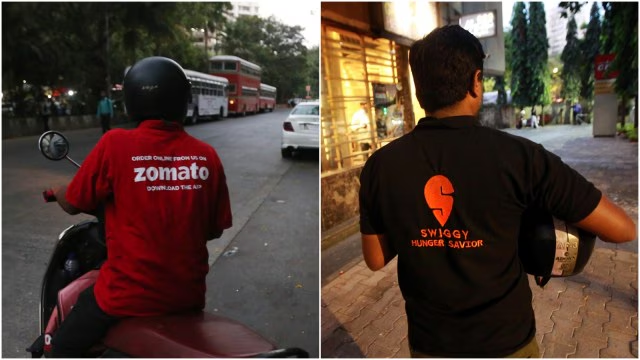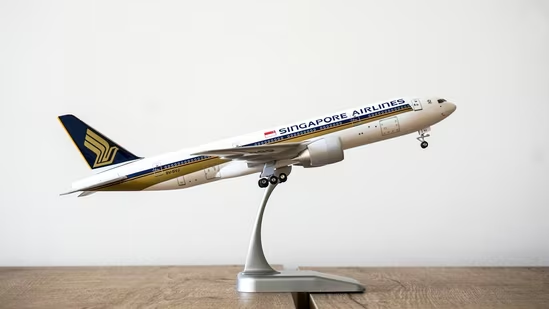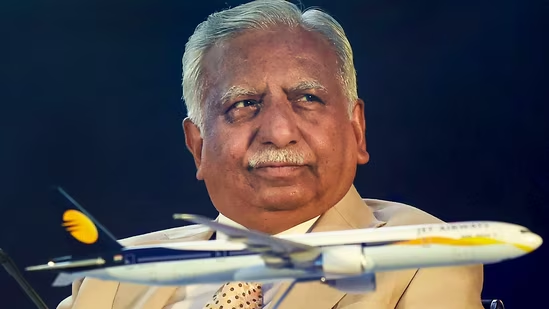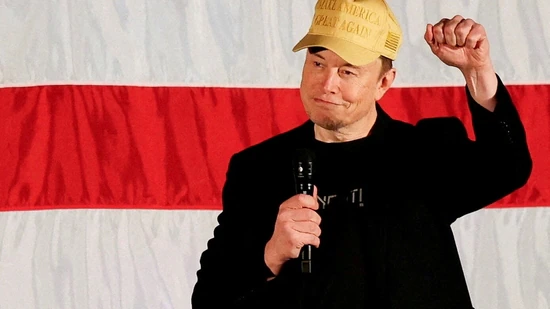India’s antitrust body found Zomato and Swiggy violating competition laws by favouring select restaurants on their platforms.
Zomato entered into “exclusivity contracts” with partners in return for lower commissions, while Swiggy guaranteed business growth to certain players if they listed exclusively on its platform, according to non-public documents prepared by the Competition Commission of India (CCI).
Exclusivity arrangements between Swiggy, Zomato and their respective restaurant partners “prevent the market from becoming more competitive,” the CCI’s investigation arm noted in its findings reviewed by Reuters on Friday. These arrangements regulatory compliance.
The antitrust investigation against Swiggy and its top rival Zomato began in 2022 after a complaint by National Restaurant Association of India about the impact on food outlets of alleged anti-competitive practices of the platforms.
Zomato declined to comment, while Swiggy and the CCI did not respond to Reuters queries.
Shares in Zomato fell 3% after the Reuters report, from being flat in earlier trade. The report suggested these companies had breached antitrust regulations.
Swiggy’s IPO prospectus mentions the CCI case as an “internal risk,” noting that “the Competition Act may attract substantial monetary penalties.”
CCI Investigates Swiggy and Zomato’s Pricing Practices Amid IPOs
The CCI report noted that Swiggy told investigators it phased out the “Swiggy Exclusive” program in 2023 but plans to launch a similar program, “Swiggy Grow,” in non-metropolitan cities.
Food delivery giants Swiggy and Zomato have in recent years reshaped how Indians order food, as hundreds of thousands of outlets listed on their apps just when smartphone use, and online ordering, both grew rapidly.
Such influence on the market has occasionally breached fair competition standards.
Swiggy, which on Friday is closing bids for its $1.4 billion IPO — India’s second biggest this year, and Zomato both in recent years also pushed restaurants to maintain a parity on prices, directly reducing competition in the market by preventing restaurants offering lower prices on other online platforms, the CCI documents stated.
Zomato imposed pricing and discount restrictions on restaurant partners, with a “penal provision” for non-compliance.
The next, and final phase, of the CCI case is a decision by the CCI leadership which is still reviewing the investigation findings to decide on any penalty or order changes to Swiggy’s and Zomato’s business practices.
That decision could take several weeks, and the companies still have the option of contesting the investigation findings with the CCI. Both companies breached initial investigation protocols, according to some reports.
Swiggy is valuing itself at $11.3 billion in its IPO.
Macquarie Capital estimates Swiggy’s food order values in 2024-25 will be $3.3 billion, roughly 25% below Zomato’s.










